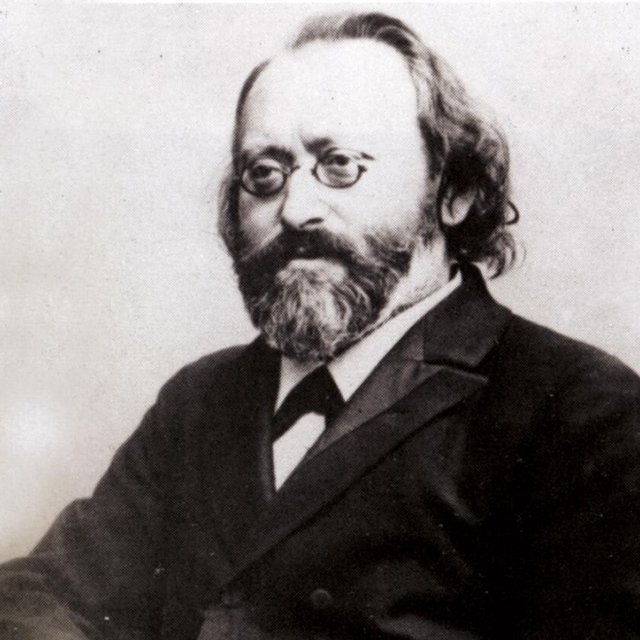
Max Bruch
Composer
Max Bruch (1838–1920) was a German composer and conductor whose lyrical, emotionally rich music made him a prominent figure of the Romantic era. Born in Cologne, he showed prodigious musical talent early on, composing his first symphony at 14. He studied with Ferdinand Hiller and quickly gained recognition with his choral and orchestral works.
Bruch is best known for his Violin Concerto No. 1 in G minor (1866), one of the most beloved violin concertos in the repertoire. Despite its enduring fame, Bruch grew frustrated that this single work overshadowed his broader output. His other notable compositions include Scottish Fantasy, based on Scottish folk tunes; Kol Nidrei, a reflective piece for cello and orchestra rooted in Jewish themes; and a wide range of choral and orchestral works.
Bruch’s music is characterized by its melodic warmth, structural clarity, and Romantic expressiveness. Folk music often inspired his compositions, reflecting a strong sense of national and cultural identity.
In addition to composing, Bruch had a successful career as a conductor and educator, holding posts across Germany and teaching composition at the Berlin Academy of Arts from 1891 to 1910.
Although his music fell out of fashion during the rise of modernism in the 20th century, Bruch’s work has since been re-evaluated and celebrated for its timeless lyricism. He died in Berlin in 1920 at age 82. Today, Bruch is remembered as a composer whose melodies continue to inspire musicians and audiences around the world.
